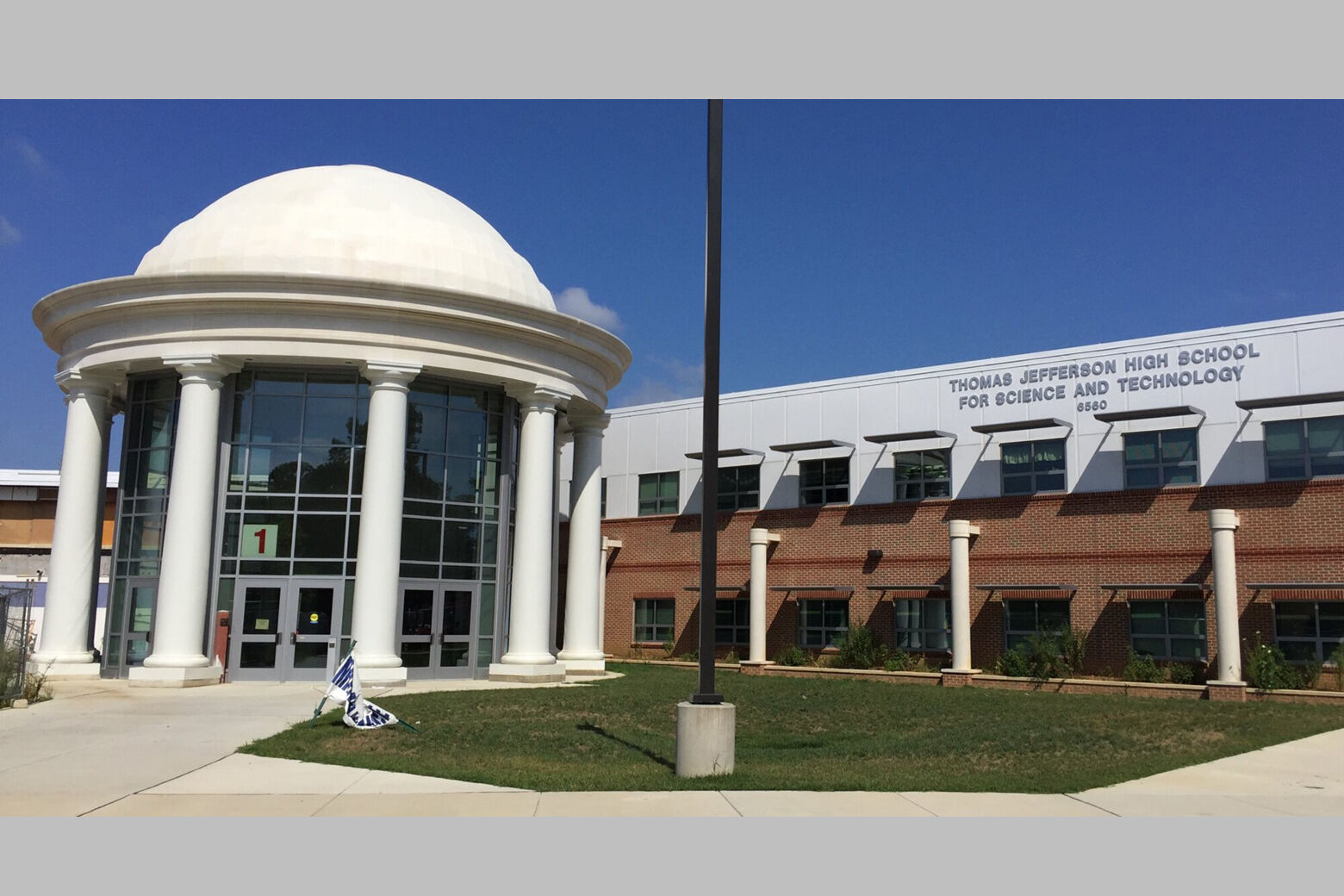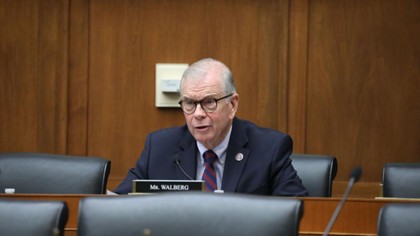How potential changes to Thomas Jefferson’s admission process impacts Prince William County
Prior to the Virginia gubernatorial election Langston Carter, managing editor of the PW Perspective, wrote an editorial on the unique danger that now Governor-elect Glenn Youngkin would if elected. Running on a platform that steered clear of specifics, he was able to win over extremists, moderate Republicans, and swing voters, all while maintaining the cloak of secrecy.
Now, it appears that one of his agenda items is to limit the opportunity for diversity by attempting to change the admissions process at the Thomas Jefferson High School for Science and Technology. According to a recent article in The Washington Post, Youngkin stated that he wants to undo the changes recently enacted by the school, which is a magnet STEM institution in Fairfax County. The purpose behind said changes was to increase diversity numbers at a school that did not enroll many Black or Hispanic students. His own campaign aide told Post reporter Hannah Natanson in the fall, “He will…push for Thomas Jefferson High School for Science and Technology to once again use merit-based admissions, and we will assist those willing to invest extra effort to meet those standards and an opportunity to enroll.”
This has upset many advocates who believe that the admissions process is still very much merit-based, which means that students are admitted based on academic or extracurricular achievements rather than financial need or equity based initiatives. The high school, founded in 1985, used to take race into account in its admissions process, offering spots to Black and Hispanic students who qualified based on academic excellence. However, that all changed in 1998 as federal courts struck down affirmative action programs in schools nationwide, and the enrollment numbers for Black and Hispanic students fell considerably.
When Fairfax County Public Schools Superintendent Scott Brabrand and the board changed the admissions process, it was part of a new push to tackle systemic racism. One of the changes that they enacted was the cancellation of the admissions test. It helped to level the playing field, according to Prince William County resident and graduate of the school Makya Little. She is the president of the Thomas Jefferson Alumni Action Group and has overseen efforts to help bring more diversity to the school. She told the Post that they do want to work with the governor-elect but are concerned “about the tone he may set…it is really disturbing to accept that there is a lot of disdain for diversity at TJ.”
Little spoke with the PW Perspective about how the group is continuing to advocate for the Prince William County School Board to vote on implementing a regional governance board with other participating jurisdictions. “It is important when you consider that the school is being solely managed by Fairfax County, their decisions impact all of the other counties,” said Little.
“My goal with bringing that to the forefront [last Wednesday] was so that we don’t lose sight of the bigger goal. We have the power of delegation, and the school can assign a team of administrators, educators and students to take the lead on that, but it’s important to ensure that Prince William County students are considered with any potential changes or data collection and other things that are important to the admissions process.”
Despite a record 89 students from Prince William County being admitted into TJHS’ Science and Technology School last year, she states that any changes could curtail efforts for the county’s economically challenged families to be accepted. “There are a lot of concerns with admissions, activity buses or how the commute will impact their students,” said Little, “but we all recognize that it is the number one high school in the country, so it’s a tradeoff. But the other counties have a max allotted number of seats, so how are we going to select students with the passion and desire who want to go there?”
One solution is to gather the statistical data necessary to show that Prince William County needs to be a part of the process, and that goes back to the implementation of the regional governance board, which the school board recommended in October 2020. Little states that with the new board, it can request the information that they need. “Data collection is key, and if you’re not making data-based decisions, you’re moving off of emotion and not doing what is best,” said Little. “Understanding exactly who is getting admitted and if there are any statistical differences, then those outcomes need to be examined. If we don’t put the effort into the changes with data when we won’t have an equitable outcome to economically disadvantaged students.”
Without the data, those decisions are left up to those voices who loudly support the governor-elect’s merit-based plan for acceptance, leaving areas such as Prince William County out of the process.
Therein lies the problem. Although Youngkin is limited by state law and local policies to enact any change, he could circumvent those policies through other methods. He could try to withhold funding The funds are determined by the Appropriations Act, which would mean Youngkin would have to gain support from the General Assembly, where the Democratic Party holds a thin majority in the state senate, or he could appoint leaders in the Board of Education to change state accreditation.
Either way, this sets a bad precedent for a governor who appears to already attempt to initiate a highly questionable agenda. Despite the fact that the school’s class of 2025 includes more Black and Hispanic students in the past five years, with a GPA of 3.9, higher than in most years, there could be a seismic shift in how future minority students are admitted into the school if Youngkin has his way.
One has to wonder–if he can find a way to change the admissions process in one of the state’s more prestigious schools, what else will he try to change?



